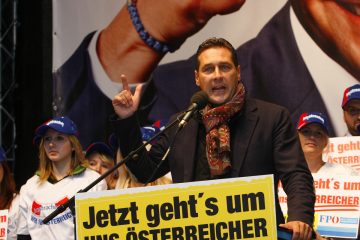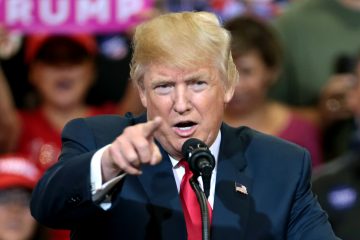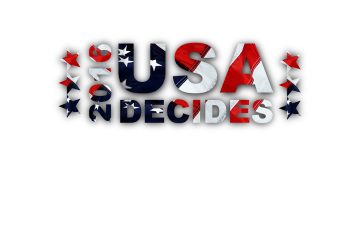
True news or right news? The parallel media universe of the Austrian Freedom Party
Some say Austria dodged a bullet last year. After an acrimonious year-long election campaign the Alpine nation elected Alexander Van der Bellen, a veteran Green Party politician, as president last December. He had a margin of 7.5 points over his far-right rival candidate, Norbert Hofer. Centrists, social democrats and liberals all over Europe breathed a sigh of relief, the Guardian remarked. In least in one country, nativist populism had been defeated. Yet, those worried about right-wing populism should not claim victory too soon. The far-right managed to build a strong online presence in this election—one that they will capitalise on in the future. Austria’s 2016 presidential election Austria’s vote echoes some of the most divisive aspects of the US elections held shortly …

In pursuit of facts – When should journalists take a stand?
We were only a few days into Donald Trump’s presidency when Trump Counsellor Kellyanne Conway defended White House Press Secretary Sean Spicer’s false statements at a White House press brief as “alternative facts”. Since then, the debate about how the media should deal with “alternative facts” has only increased in intensity as more of Mr Trump’s false claims saturate the news coverage. But, what are these alternative facts, if not lies? And what is the best way for journalists to deal with lies coming from the most powerful? Should journalists change the way they do their reporting? Together with Rasmus Kleis Nielsen, Director of Research at the Reuters Institute, and Alan Rusbridger, former editor at the Guardian and principal of …

Fake News? The blame-game in a post-Trump world
Donald Trump’s victory came as a surprise and/or shock to most pollsters, journalists, scientists, and citizens all over the world. And ever since Trump became the president-elect one question seems to be on many people’s minds: ‘who (or what) is to blame?’ The answers to this question ranges from the electoral system to international influence but one particular scapegoat is more prominent than others: the Internet. Indeed, not short after Trump’s victory Buzzfeed had identified the first villain: fake news. In their analysis they suggested ‘that top fake election news stories generated more total engagement on Facebook than top election stories’ from other serious outlets. The threat of fake news was born. And other mass media outlets followed. We have probably all …









